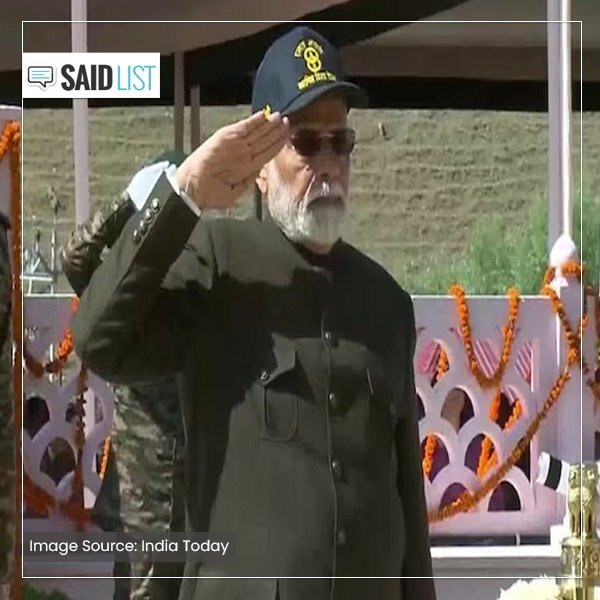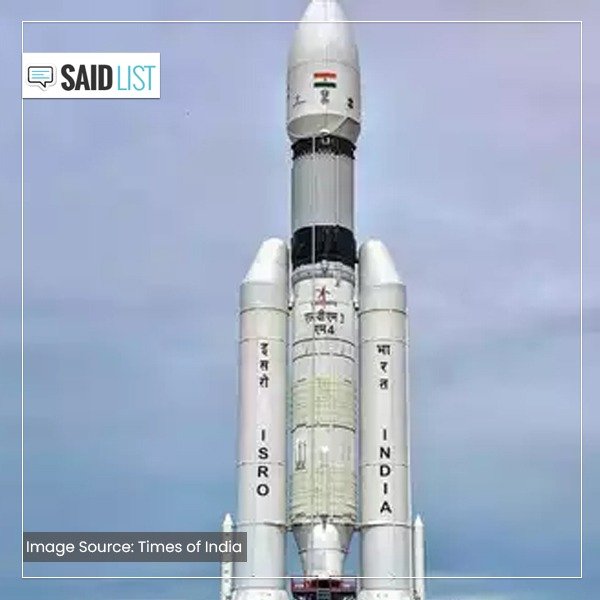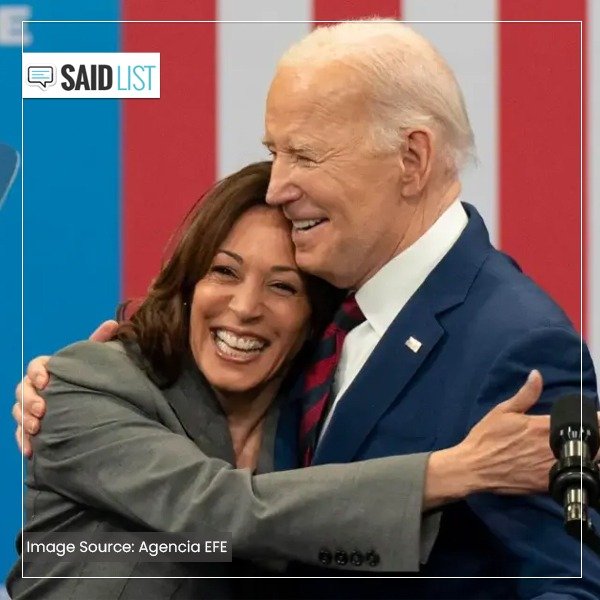In a recent address that sent shockwaves through Pakistan’s political landscape, former Prime Minister Nawaz Sharif didn’t mince his words. He pointed fingers squarely at Pakistan’s former generals and judges, laying blame on them for the country’s ongoing economic crisis. His stark contrast between Pakistan’s situation and India’s achievements, such as reaching the Moon and hosting the G20 summit, has stirred a fervent debate. In this blog post, we’ll delve into the complexities of Pakistan’s economic struggles, the significance of Nawaz Sharif’s statements, and the implications for the nation’s future.
Understanding Pakistan’s Economic Crisis
Pakistan has indeed been grappling with economic challenges for years. These issues range from fiscal mismanagement and high inflation rates to a growing external debt burden and political instability. The country has sought financial aid from international organizations like the International Monetary Fund (IMF) on multiple occasions to stabilize its economy.
Nawaz Sharif’s Accusations:
Nawaz Sharif’s allegations against former generals and judges are not isolated but are part of a broader narrative that suggests interference by the military and judiciary in Pakistan’s political affairs. He claims that such interventions have disrupted the democratic process, eroded civilian authority, and undermined the economic stability of the country. Sharif’s statements have ignited discussions about the role of the military and judiciary in Pakistan’s political landscape.
The India-Pakistan Comparison
Nawaz Sharif’s mention of India’s achievements on the global stage serves as a stark reminder of the longstanding rivalry between the two nations. While India’s advancements in space exploration and its hosting of international summits are sources of national pride, Pakistan has struggled to maintain economic stability and political continuity.
Implications for Pakistan’s Future:
Sharif’s accusations have not only ignited political debates but have also raised questions about the future of Pakistan’s democracy. His statements underscore the importance of a transparent and accountable democratic system that ensures civilian control over the government and economic policies.
Conclusion
Nawaz Sharif’s bold remarks on Pakistan’s economic crisis and his attribution of blame to former generals and judges have ignited a significant discourse within the nation. While these allegations are not new, they highlight the importance of strengthening democratic institutions, promoting economic stability, and addressing the complex issues that have plagued Pakistan for years. Pakistan faces the challenge of navigating its political landscape to ensure that its future is marked by progress, stability, and a prosperous economy. The path forward may require reconciling differences and fostering a more harmonious relationship between civilian and military institutions to achieve these goals.











